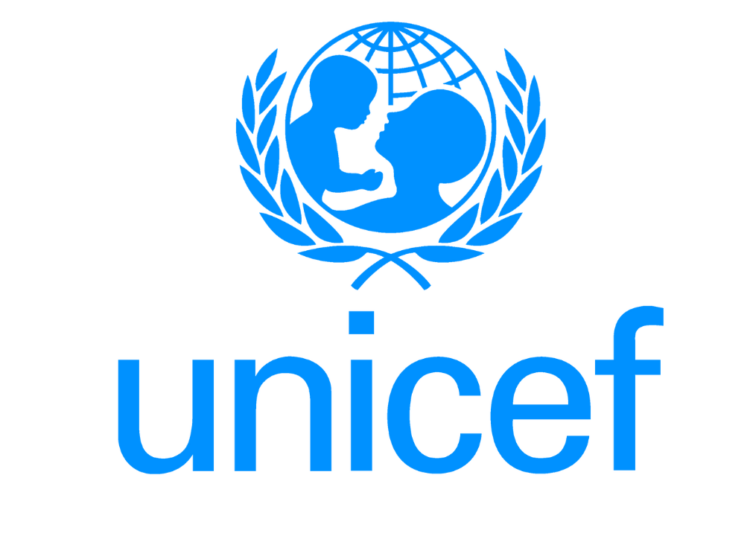This year’s commemoration of World Breastfeeding Week, with the theme “Closing the gap: Breastfeeding support for all,” has once again drawn attention to the missing links in effective exclusive breastfeeding by nursing mothers.
The United Nations Children’s Fund (UNICEF) and the World Health Organisation (WHO) in their joint statement to mark the day, have emphasised the need to improve breastfeeding support as a critical action for reducing health inequity and protecting the rights of mothers and babies to survive and thrive.
The WHO said that in the last 12 years, the number of infants under six months of age who are exclusively breastfed in Nigeria has increased by more than 10 per cent to about 34 percent. This figure represents the number of infants in Nigeria benefitting from this healthy start in life which in turn translates to hundreds of thousands of babies whose lives have been saved and improved through breastfeeding.
This newspaper recognises the fact that this significant leap brings the nation closer to the WHO’s target of increasing exclusive breastfeeding to at least 50 per cent by 2025, even though there are persistent challenges that must be addressed.
For Nigeria, the importance of exclusive breastfeeding cannot be over-emphasised, as it is proven to be the foundation of lifelong health and well-being of an infant child.
The UNICEF stressed that during this critical period of early growth and development, the antibodies in breastmilk protect babies against illness and death and this is especially important during emergencies, when breastfeeding guarantees a safe, nutritious, and accessible food source for infants and young children.
Medical experts aver that breastfeeding reduces the burden of childhood illness, and the risk of certain types of cancers and noncommunicable diseases for mothers.
According to the Convention on the Rights of the Child, every infant and child has the right to good nutrition.
As a newspaper, we know that the first two years of a child’s life are particularly important, as optimal nutrition during this period lowers morbidity and mortality, reduces the risk of chronic disease, and fosters better development overall.
In the view of child nutritionists , optimal breastfeeding is so critical that it could save the lives of over 820 000 children under the age of five years each year, resulting in economic gains for individual families as well.
However, despite its proven benefits, exclusive breastfeeding rates in Nigeria remain low as many mothers face cultural, social, and practical barriers that prevent them from providing it exclusively for the first six months of their child’s life.
This situation has impacted adversely on Nigerian infants given the country’s soaring food inflationary rate, which has made food accessibility difficult.
Every hour,100 children under five years die of malnutrition in Nigeria, according to UNICEF, which translates to about 2,400 children daily.
A report linked to Global Hunger Trend claim that there has been an increase in malnourished children in Nigeria compared to the previous year, 2023, as the proportion of malnourished children increased from 9.3 per cent to 15.9 per cent.
Also, last year, 2023, 35 million children under five years of age were reported to have suffered from malnourisment, 12 million had stunted growth, three million experienced wasting from excessive and rapid weight loss, and 23.5 million suffered anaemia.
Meanwhile, identified key gaps in the country’s breastfeeding support include insufficient maternity leave policies, lack of workplace support, and inadequate access to breastfeeding education and services, particularly in rural areas.
Only seven states are said to offer the recommended 24 weeks of paid maternity leave, and many women return to work without the necessary support to continue breastfeeding.
Both UNICEF and WHO have emphasized the need to improve breastfeeding support as a critical action for reducing health inequity and protecting the rights of mothers and babies to survive and thrive.
We call for collaboration among all stakeholders vis-a-vis the government, employers, healthcare providers, and communities to close these gaps while policies should be enacted to extend paid maternity leave, create breastfeeding-friendly workplaces, and provide comprehensive breastfeeding education and support services.
Also, apart from increased investment in programmes and policies that protect and support breastfeeding through dedicated national budgets, we call for implementation and monitoring of family friendly workplace policies, such as paid maternity leave, breastfeeding breaks and access to affordable and good-quality childcare.





